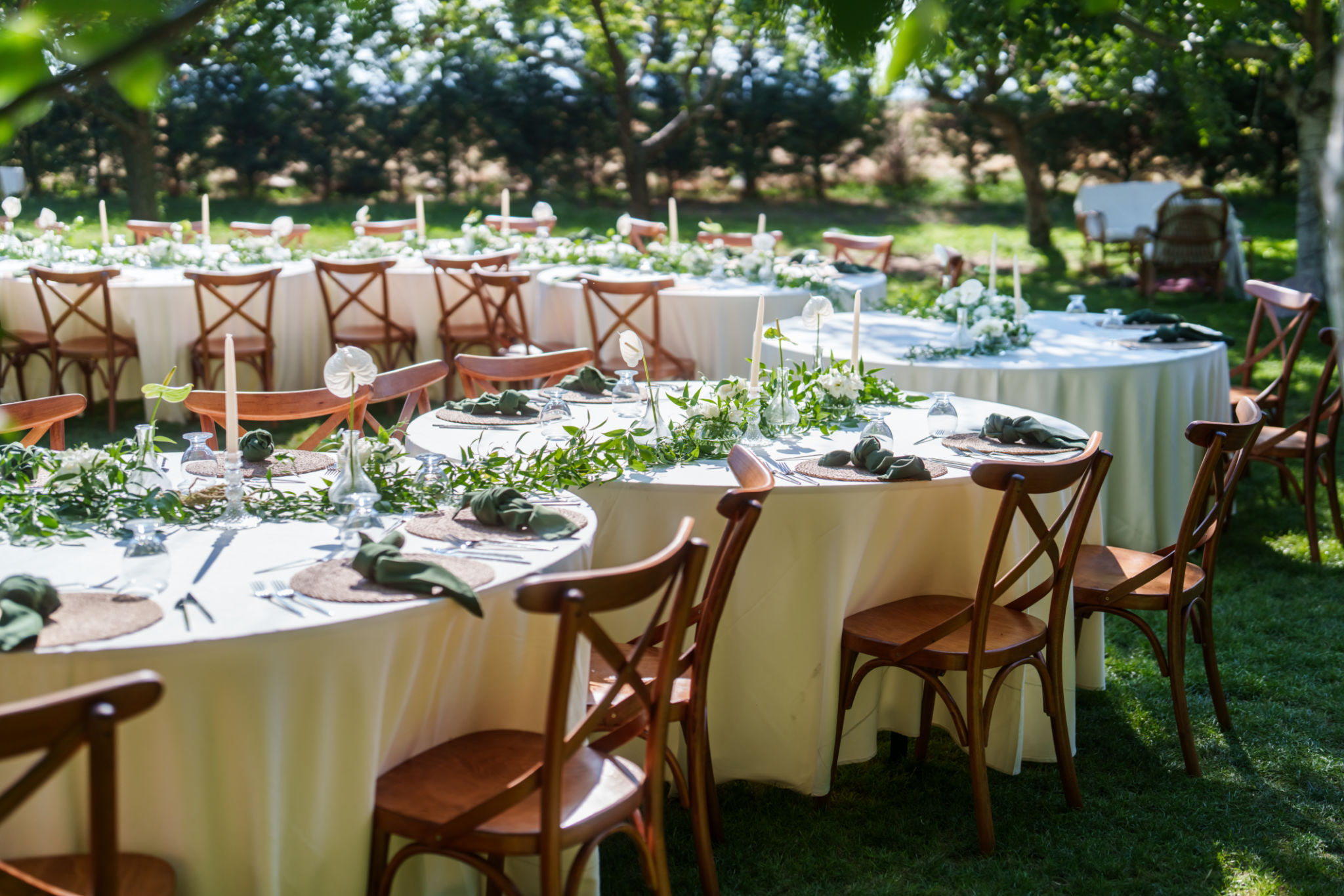Frequently Asked Questions About Full-Service Event Planning
What is Full-Service Event Planning?
Full-service event planning involves managing every aspect of an event from start to finish. This includes venue selection, vendor coordination, theme development, and on-site management. By hiring a full-service planner, clients can focus on enjoying their event while professionals handle the logistics.
An event planner's role is to ensure that every detail is executed flawlessly. They collaborate with clients to understand their vision and then bring it to life through meticulous planning and coordination. This comprehensive approach eliminates stress and ensures a seamless experience.

Why Choose Full-Service Event Planning?
Opting for full-service event planning offers numerous advantages. First and foremost, it saves time. Planning an event involves countless tasks that can be overwhelming. A professional planner has the expertise and resources to efficiently manage these tasks, allowing clients to focus on other priorities.
Additionally, full-service planners often have established relationships with vendors, which can lead to cost savings and better service. Their industry knowledge allows them to negotiate effectively, ensuring clients receive the best value for their investment.
What Types of Events Can Be Planned?
Full-service event planning is versatile and can be applied to a wide range of events. These include weddings, corporate gatherings, charity galas, and private parties. Each event type comes with unique requirements, and a skilled planner can tailor their approach to meet these needs.
From intimate gatherings to large-scale events, full-service planners have the expertise to handle any size or style. They work closely with clients to understand the purpose and goals of the event, ensuring that every aspect aligns with the desired outcome.

How Involved Can Clients Be?
Clients can choose their level of involvement in the planning process. Some prefer to be hands-on, collaborating closely with the planner on every detail. Others may opt for a more hands-off approach, entrusting the planner to make decisions on their behalf.
Regardless of the level of involvement, communication is key. A good planner will keep clients informed and seek their input on important decisions, ensuring that the final event reflects their vision and preferences.
What Should You Expect During the Planning Process?
The planning process typically begins with an initial consultation to discuss the client's vision, budget, and goals. From there, the planner creates a detailed plan that outlines the timeline, tasks, and responsibilities. Regular updates and meetings are scheduled to ensure everything is on track.
On the day of the event, the planner oversees all activities, managing vendors and addressing any issues that arise. This allows clients to relax and enjoy the event, knowing that every detail is being handled by a professional.

How to Choose the Right Full-Service Event Planner?
When selecting a full-service event planner, it's important to consider experience, reputation, and compatibility. Look for planners with a proven track record and positive client testimonials. It's also essential to choose someone whose style aligns with your vision.
During the initial consultation, ask questions about their process, past events, and how they handle challenges. This will give you insight into their expertise and whether they are the right fit for your event.